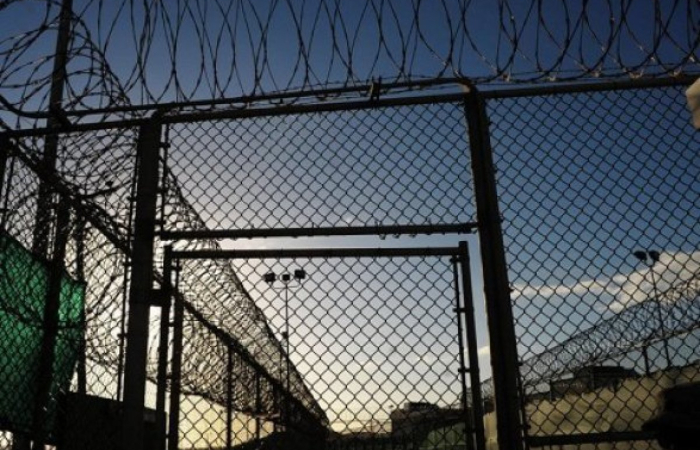The Russian President, Vladimir Putin, will not recognise the self-proclaimed Donetsk People's Republic and Luhansk People's Republic in the Donbas region, a territory internationally recognised as part of Ukraine, for the time being. Putin said this on Tuesday (15 February) during a press conference after his conversation with German Chancellor Olaf Scholz. Earlier on Tuesday (15 February), the Russian parliament decided to ask Putin to recognise the two regions' independence in eastern Ukraine.
According to Putin, the proposed law debated in the State Duma shows that Russian citizens are concerned about the citizens in eastern Ukraine. However, the Russian president referred to the Minsk Agreements drawn up in the Belarusian capital Minsk in 2015 and said they should continue to guide solutions in eastern Ukraine. Scholz then said that "all concerned" know that any Russian recognition of the two regions goes against the Minsk agreement. According to the German Chancellor, recognition would mean "a political catastrophe".
Recognising Donetsk and Luhansk would be a significant step that would effectively end the existing Minsk peace process for eastern Ukraine, which Russia has said is committed to until now. The 2015 deal foresees their reunification with Ukraine, but only if Kiev grants the two regions wide-reaching autonomy.
Western leaders, including Jens Stoltenberg, the Secretary-General of Nato, and the EU's foreign policy chief Josep Borrell, warned this would be a violation of international law and Ukraine's sovereignty.





